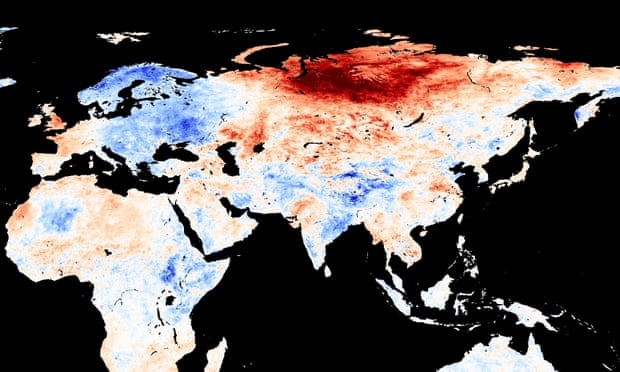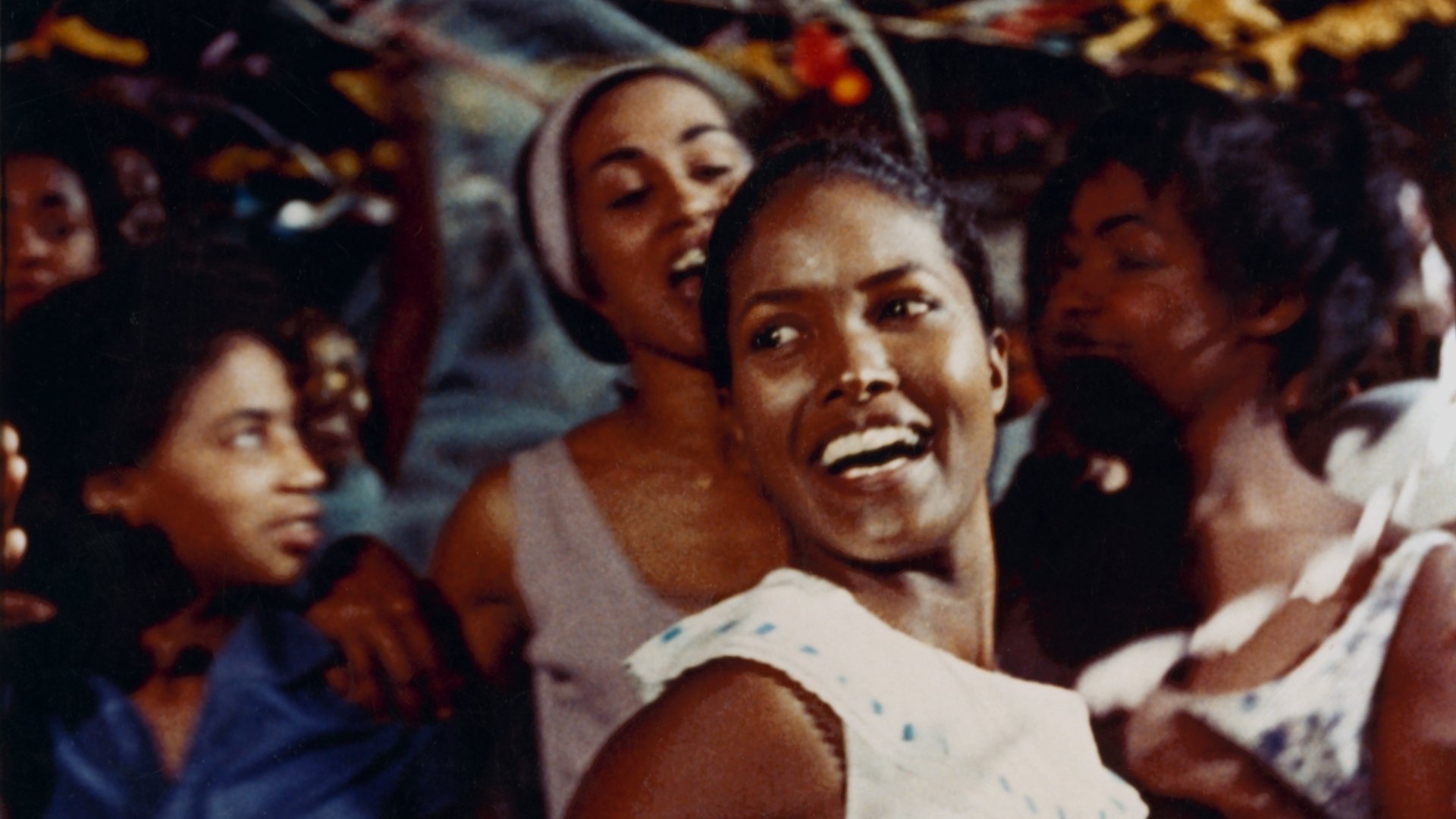23.5˚C

Planet Earth, hot mess. Image via The Guardian
Siberia is burning with unheard of temperatures over 38˚C. Baghdad is scorching, hitting 52˚C during a heatwave this year. Phoenix is steaming, at almost 46˚C. California is on fire, including a recent record 49.5˚C in Los Angeles. Toronto has had at least one heatwave but lately has had temperate weekdays pockmarked with cooling rain. I’m not here to make the case that incredibly hot summers are proof of climate change, mostly because weather isn’t climate, but you have to admit, Siberian fires are pretty weird. The climate crisis is happening but I’m not sure I’m up to convince anyone who denies it. I’m here to talk about temperature.
Once the summer arrived, I was reminded how different the reported temperature is to the experienced temperature. Environment Canada reports the temperature recorded in the shade. In the shade is so lovely. In the sun, our life giving star could scorch you. On some of our hot days, there wasn’t even a rumour of a cloud in the sky. Living in the city core, surrounded by tall buildings, the air can be still and stagnant while heat radiates off the brick, concrete and asphalt like hot embers. On those days I could barely survive the fifteen or less minutes of putting laundry on the line. I thought I would become like a vampire, waiting for the dark of night to emerge. Then we’d have an equally hot day, with clouds and a breeze, and the experience was entirely different.
Read more »



